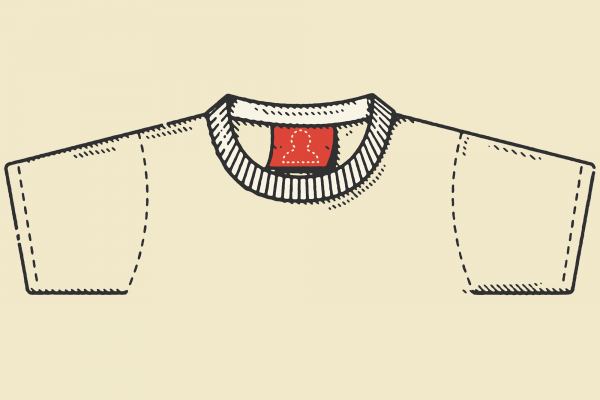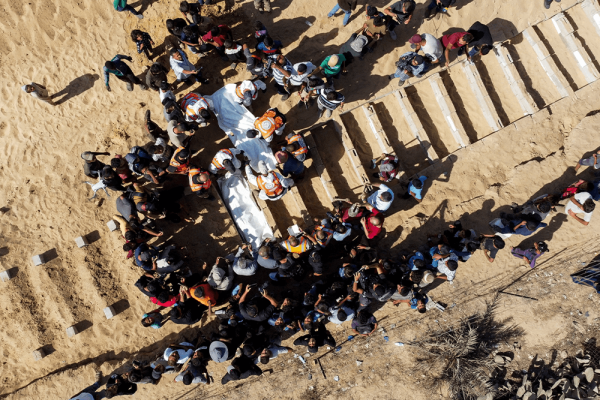OUR CLOTHES BEAR more than our personal style. Stitched into favorite garments is the suffering of those who made them.
From Bangladesh to Vietnam, millions of garment workers are exploited to feed the burgeoning demand for ready-made wardrobes. These workers endure unsafe working conditions and workplace abuse to meet the mounting quotas imposed by hungry clothing brands—all while being paid pennies per hour.
Garment workers’ labor conditions seized the attention of international media in 2013 when the Rana Plaza factory collapsed in Dhaka, Bangladesh, killing more than 1,100 people. This disaster accelerated the work of human rights organizations such as the Worker Rights Consortium, the Maquila Solidarity Network, and the Clean Clothes Campaign that were already collaborating withcorporations to implement safety protocols in the supply chains. This collaboration birthed the Accord on Fire and Building Safety in Bangladesh (the “Bangladesh Accord”), which was the first international agreement to include global brands, retailers, and trade unions in a legally binding framework.
The accord required brands and retailers to subject their supplier factories to fully independent investigations (and allow these results to be publicly reported), to pay for essential safety renovations, and to suspend business with factories found in violation, according to the Worker Rights Consortium.
“If there is no accord, there is no safety. There is no accountability, no responsibility,” Nazma Akter, from the labor rights organization Awaj Foundation in Bangladesh, told Vogue Business.
In September, the Bangladesh Accord was superseded by the International Accord for Health and Safety in the Garment and Textile Industry. This updated accord maintains the requirements of previous agreements and expands the scope to include health and human rights in ready-made garment factories and to other countries.
The accords, however, are no panacea. Though they are legally binding, signing them is voluntary. As of October, the International Accord had 135 signatories, but the largest brands—Louis Vuitton, Nike, GAP, and Benetton—were missing. This voluntary nature of the agreement gives brands little reason to sign. Unless, of course, they are pressured. This is where consumers can step in.
Though it’s tempting to see “shopping ethically” as the best response to industry horrors, our words—politically directed and action-oriented—may have greater mileage. Journalist Elizabeth Cline encourages shoppers to shift from private acts of ethical consumption to “organized, collective social change that benefits everyone.”
As Christians, we can practice the principle of solidarity through direct action by demanding brand accountability, amplifying garment workers’ voices through social media campaigns, pressuring companies, and organizing under a common cause. As Pope John Paul II has said, “Solidarity is not a feeling of vague compassion or shallow distress at the misfortunes of so many people ... it is a firm and persevering determination to commit oneself to the common good.” Such actions that embody solidarity can effect meaningful change. For example, since March, consumer action through the PayUp Fashion movement helped secure at least $15 billion in wages withheld from garment workers during the COVID-19 pandemic.
Our actions can proclaim the dignity of those made vulnerable and shout the glory of God that is fully alive in the workers whose handiwork we wear every day. By centering garment worker voices, experiences, and demands, we can rally with them behind the policies they champion—such as the Garment Worker Protection Act recently passed in California. Faithful voices joined with political practices are certain to bear just fruits.

Got something to say about what you're reading? We value your feedback!






